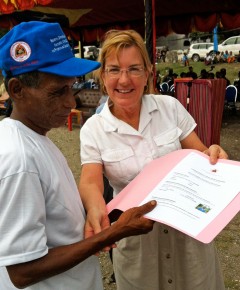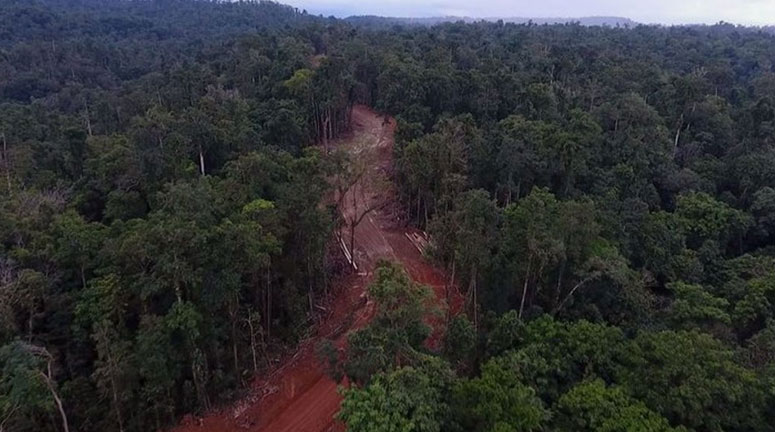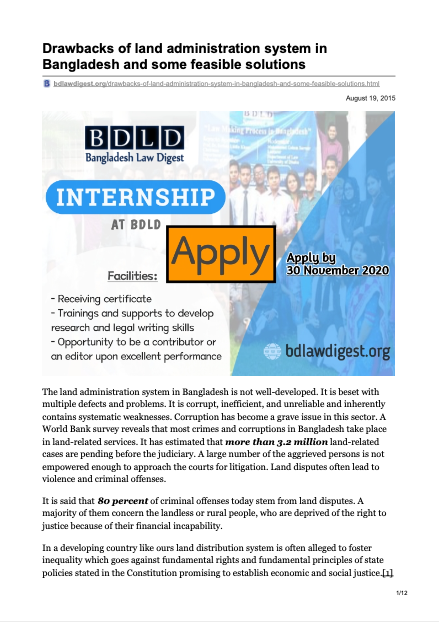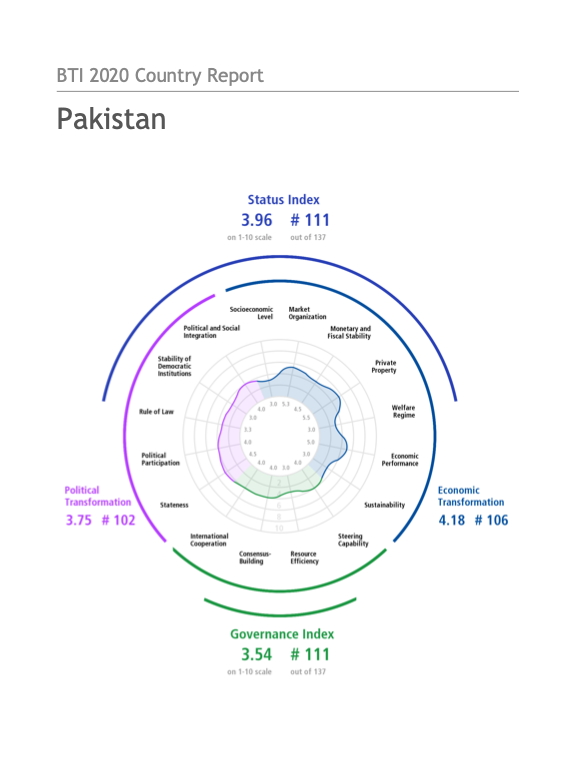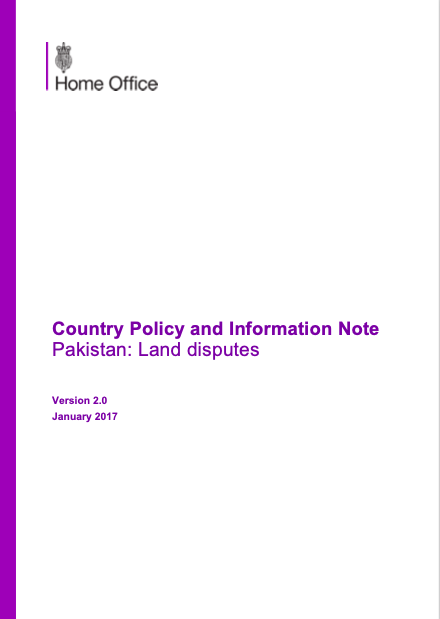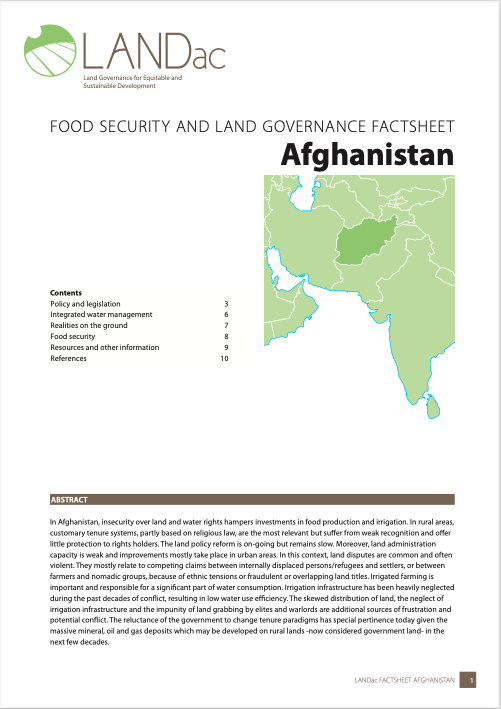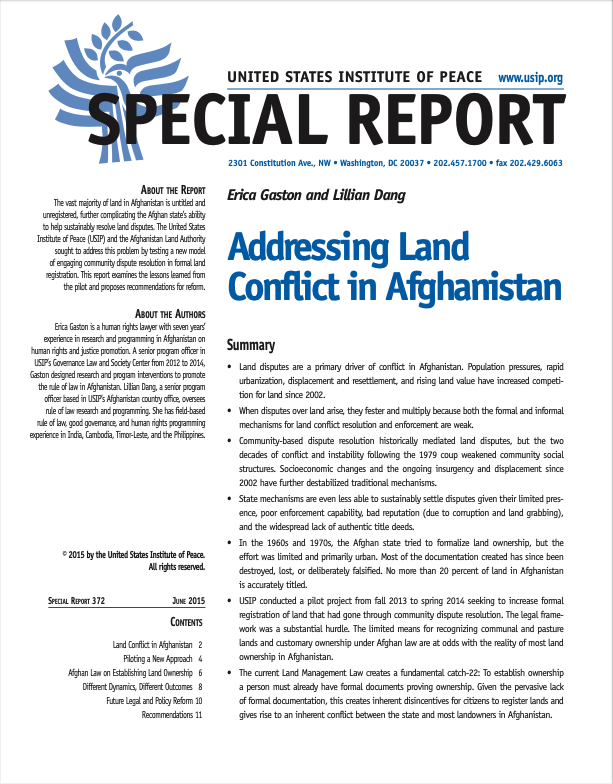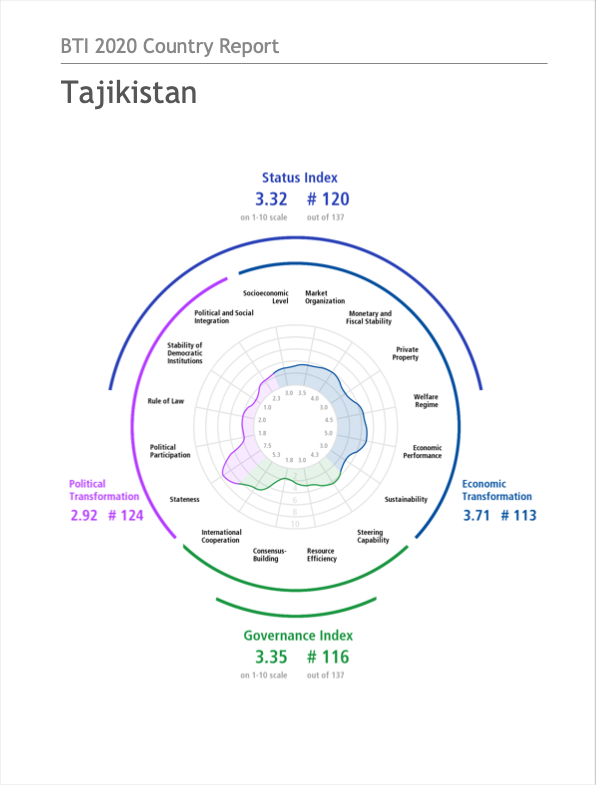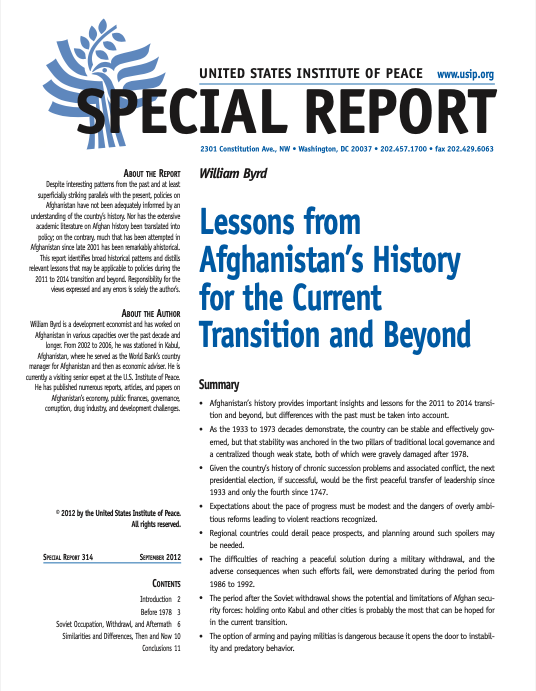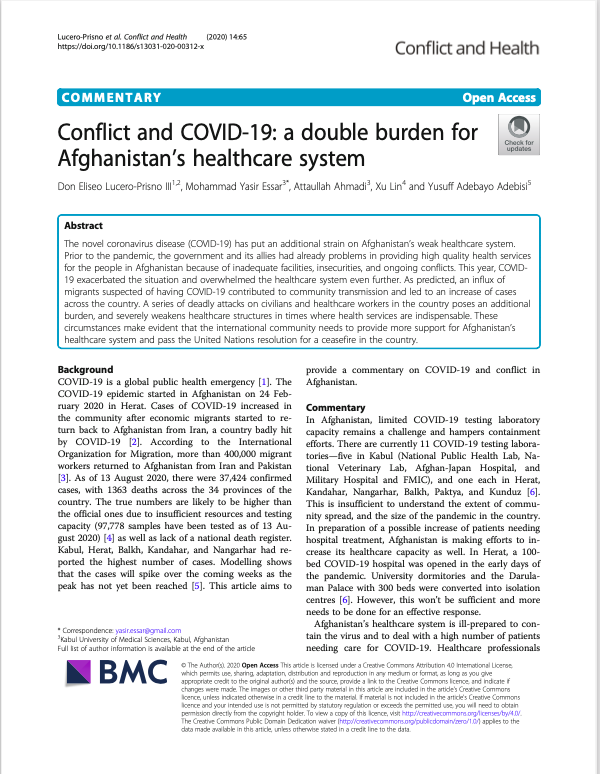USAID Assists Timor-Leste in Developing Land Policies, Ending Conflict
A nation formed just 10 years ago, Timor-Leste struggles to overcome complex challenges of land ownership and use rights that were created under Portuguese and Indonesian rule. Competing land claims between individuals, and between individuals and the state, are quite common and occasionally result in armed conflict and deaths. Complicating the problem is the absence of a property rights legal framework in which to address land matters.

